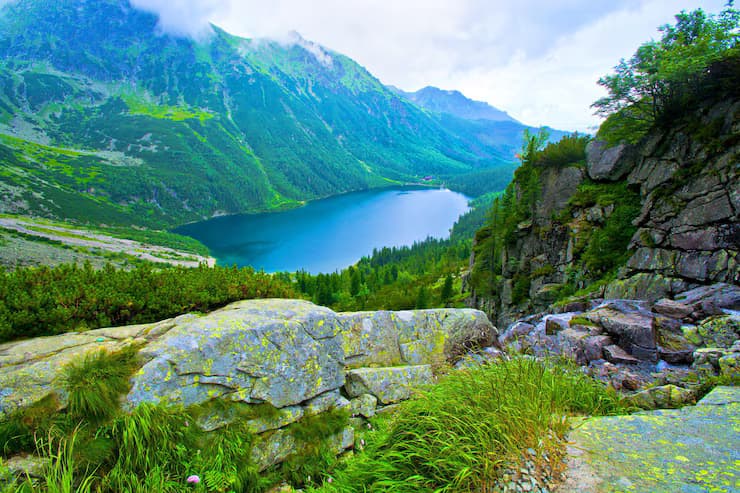Embracing the Wonders of Nature

Ecosystems of the World
From dense tropical rainforests and vibrant coral reefs to windswept deserts and alpine tundra, Earth’s ecosystems are astonishingly diverse. Each ecosystem supports its own community of plants, animals, fungi, and microorganisms—interconnected in a delicate web that sustains life on our planet.
Nature’s Role in Human Well-Being
Spending time outdoors has measurable benefits for mental and physical health, from reducing stress and anxiety to improving focus and creativity. Beyond recreation, natural systems provide us with food, clean air and water, medicines, and even inspiration for technology and architecture.
The Importance of Biodiversity
Biodiversity isn’t just a buzzword—it’s the foundation of ecosystem health. The richer the variety of species in an environment, the more resilient it is to disturbances like disease, climate shifts, and invasive species. High biodiversity also underpins essential services such as pollination, water purification, and soil fertility.
Threats to Our Natural Environment
Despite its importance, nature faces unprecedented pressures. Deforestation, habitat fragmentation, pollution, overfishing, and climate change are rapidly degrading ecosystems worldwide. These threats not only imperil wildlife but also undermine the services that humans rely on every day.
Conclusion
Our planet’s natural beauty and biological richness are irreplaceable. By understanding how ecosystems function, valuing biodiversity, and embracing sustainable practices, each of us can play a part in safeguarding nature for generations to come.
